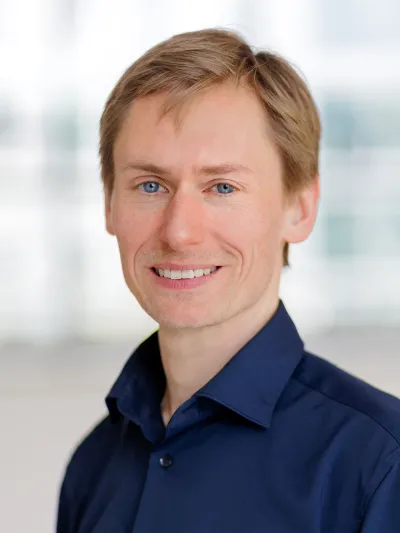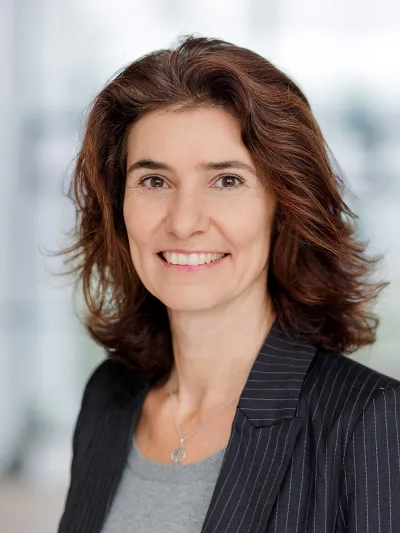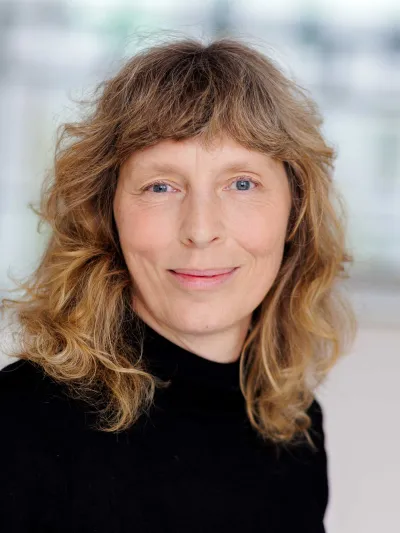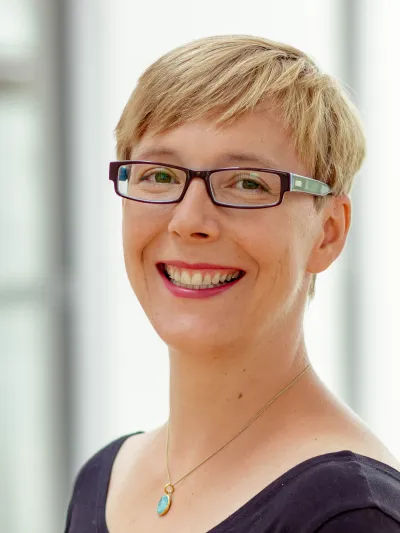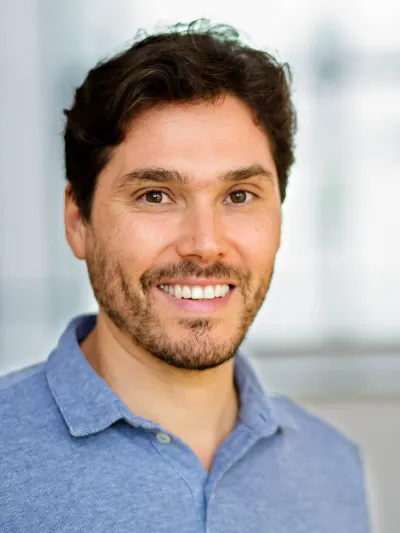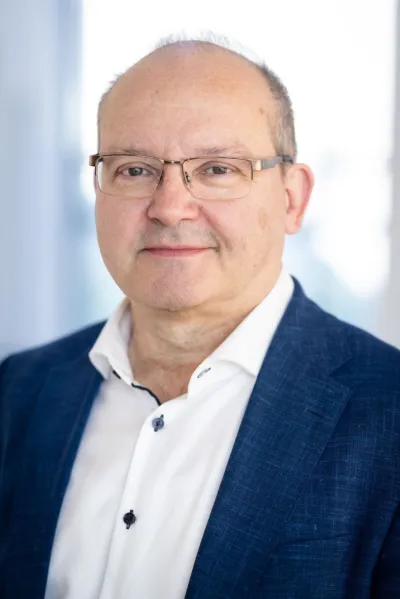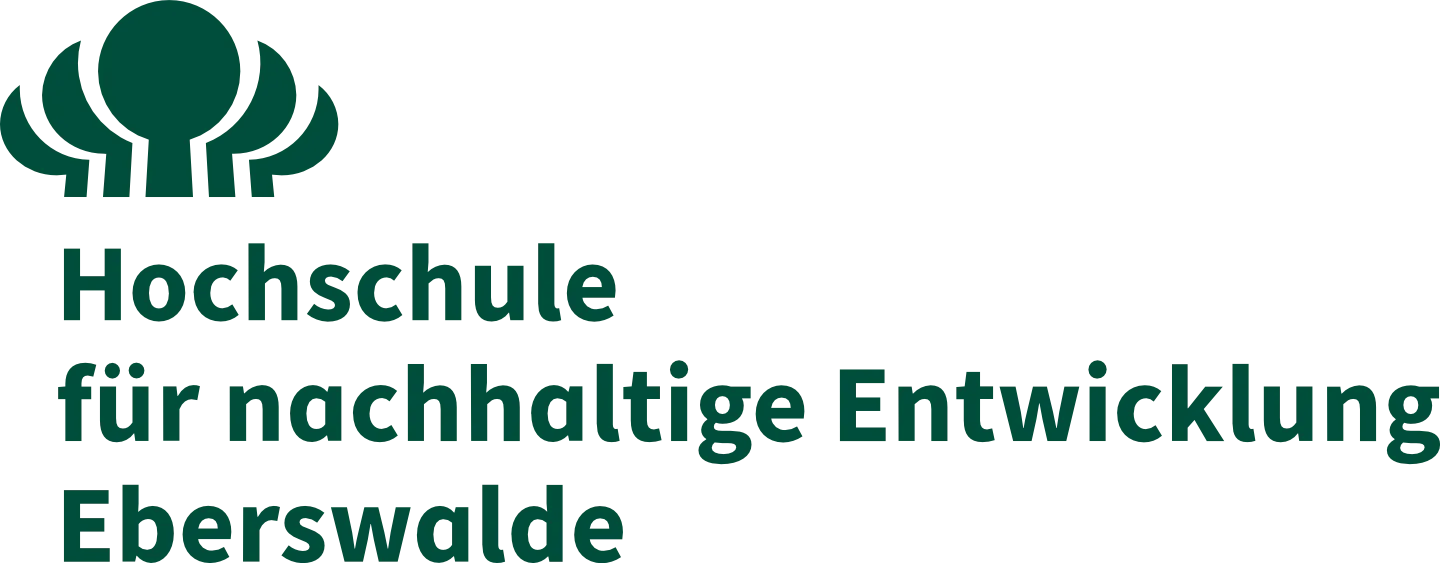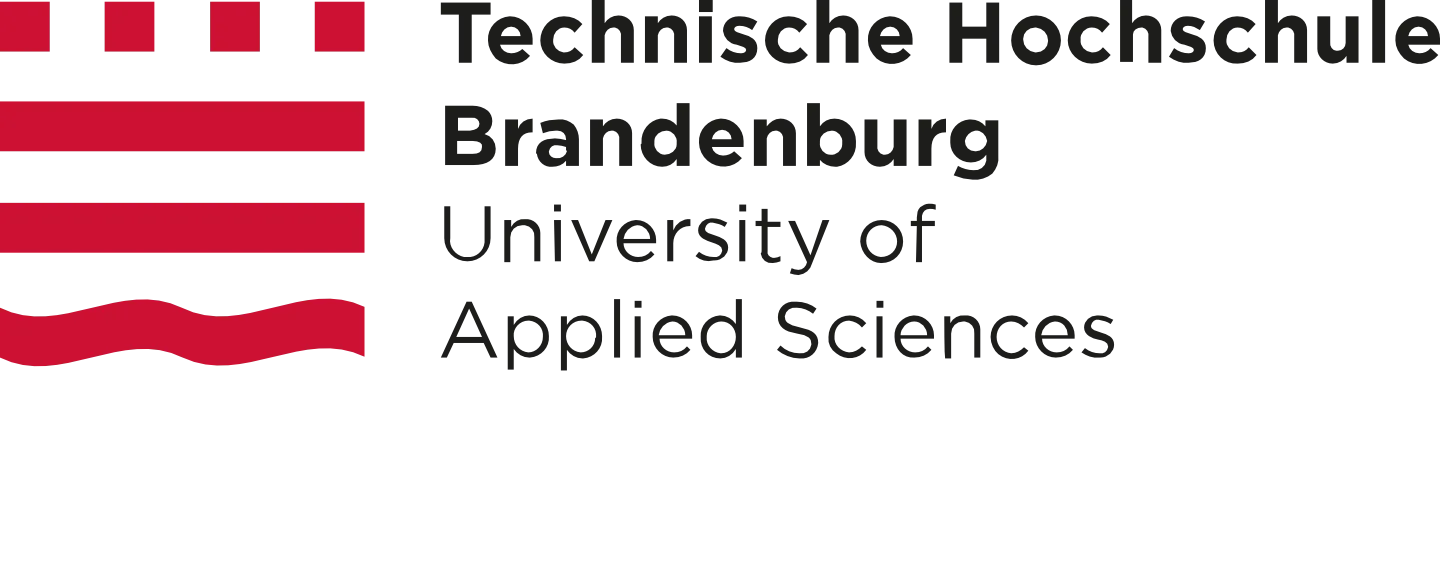InNoWest – Just do it! Sustainable and Digital together in North-West Brandenburg
InNoWest is a joint project of the Eberswalde University for Sustainable Development, the University of Applied Sciences Potsdam and the Brandenburg University of Applied Sciences. The project brings together two major transformation challenges: sustainable development and digitalisation.
What social challenges does the project address?
The sustainable development of the North-West Brandenburg region is important to us. An area that is caught between urban and rural areas. Geographically speaking, our region is located between the metropolises of Berlin and Hamburg. It combines diverse spaces and conditions and offers great opportunities – but it also faces structural challenges. Our scientific expertise is channelled into transfer projects in which we develop and test innovative solutions together with local stakeholders from administration, business and civil society - improving the quality of life in the region for everyone. The results of this collaboration will help North-West Brandenburg on its way to a digital and sustainable future.
What are the main objectives of the project?
InNoWest develops transfer projects for the region together with practice partners from municipalities, companies and civil society. The project focuses on three areas of innovation that combine regional needs and potential with the expertise of the network and the objectives of Brandenburg's political development strategies:
- user-centred digitalisation for sustainable development
- climate-friendly renovation through refurbishment and activation
- shaping society through participation and education for sustainable development
InNoWest aims to shape regional transformation processes sustainably and digitally in order to improve people's quality of life and develop the region for the future. This goes hand in hand with the development of the regional innovation system towards an established and practised culture of cooperation, transfer and innovation.
What measures are planned to realise these goals?
The InNoWest project addresses the strategic, structural and implementation levels of knowledge and technology transfer in a triad. At the implementation level, agile innovation teams work together with the practice partners to identify regional needs in the three areas of "user-centred digitalisation", "climate-friendly transformation" and "shaping society". The teams develop and test innovative and contextualised solutions based on these needs. Each innovation team combines different areas of expertise from the three universities in the network and works on an interdisciplinary basis.
Our transfer projects start where solutions are sought on site. For very specific questions such as: What are climate-friendly remodelling measures? Or: How can students support organisations or educational institutions with concepts for greater sustainability? Together with our partners from politics and local authorities, small and medium-sized enterprises and civil society, we are working on promising pilot projects. Sharing ideas and working together on solutions are our top priority.
- InNoWest implements pilot projects that improve the quality of life of local people – for example, by revitalising vacant spaces, improving the digital infrastructure or promoting good social interaction.
- InNoWest ensures that scientific findings also reach areas far removed from universities. We support regional learning processes and the transparent transfer of knowledge.
- InNoWest strengthens communication between universities and society and initiates and deepens regional educational processes.
- InNoWest establishes structures for knowledge transfer that is focussed on the needs and conditions of the respective practice partners.
- InNoWest creates incentives to win over more social groups for exchange and cooperation.
How does the project operate in the region?
The network is already well connected in the region thanks to the existing presence centres of Brandenburg's universities in North-West Brandenburg. The "Wissensberge" transfer location was created as a presence centre on the "discovery track" at Wittenberge railway station. The transfer location will be further expanded as part of the project and supplemented by pop-up science and other transfer locations that act as mobile showcases for the network and are also platforms and meeting places for ideas and transfer.
The project works together with practical partners such as local authorities and administrations, business development organisations, small and medium-sized enterprises from the region and civil society initiatives. To ensure that the transfer of expertise between universities and practice partners is successful and that InNoWest can jointly shape transformation processes digitally and sustainably, the project aims to further strengthen the conditions for equal participation, especially in this area of North-West Brandenburg that is remote from higher education. For this reason, the findings and knowledge gained by InNoWest will be made accessible to all interested parties and the broadest possible subsequent utilisation will be sought.
InNoWest is already implementing pilot projects that very specifically improve the quality of life of local people – for example by revitalising vacant places, improving the digital infrastructure or promoting good social interaction.
We are developing and implementing transfer projects in three fields. Each university is in charge of one of the three fields:
User-centred digitalisation (THB)
Together with representatives of local authorities and municipalities, the team develops projects that utilise new technologies to meet the individual challenges of a location or region. We bring all of our expertise to this process – ranging from classic IT, geo-information and sensor technology to data visualisation and urban development.
Climate-friendly remodelling (HNEE)
Our vision is to develop Brandenburg into a resilient pioneering region with a greenhouse gas-neutral building stock. The team develops effective, needs-based strategies for the refurbishment, conversion and remodelling of existing buildings. This is particularly important in a federal state that has a large, heterogeneous stock of old buildings with low energy standards.
Shaping society through participation and education for sustainable development (FHP):
Our most important goal is to empower regional stakeholders from civil society, business and administration, as well as local citizens, to actively help shape a sustainable, digital future. After all, no one should feel passively at the mercy of social and technological developments, but on the contrary should use them to develop economic, technical and social innovations. Education for sustainable development (ESD) and participation provide good approaches to achieving this goal.
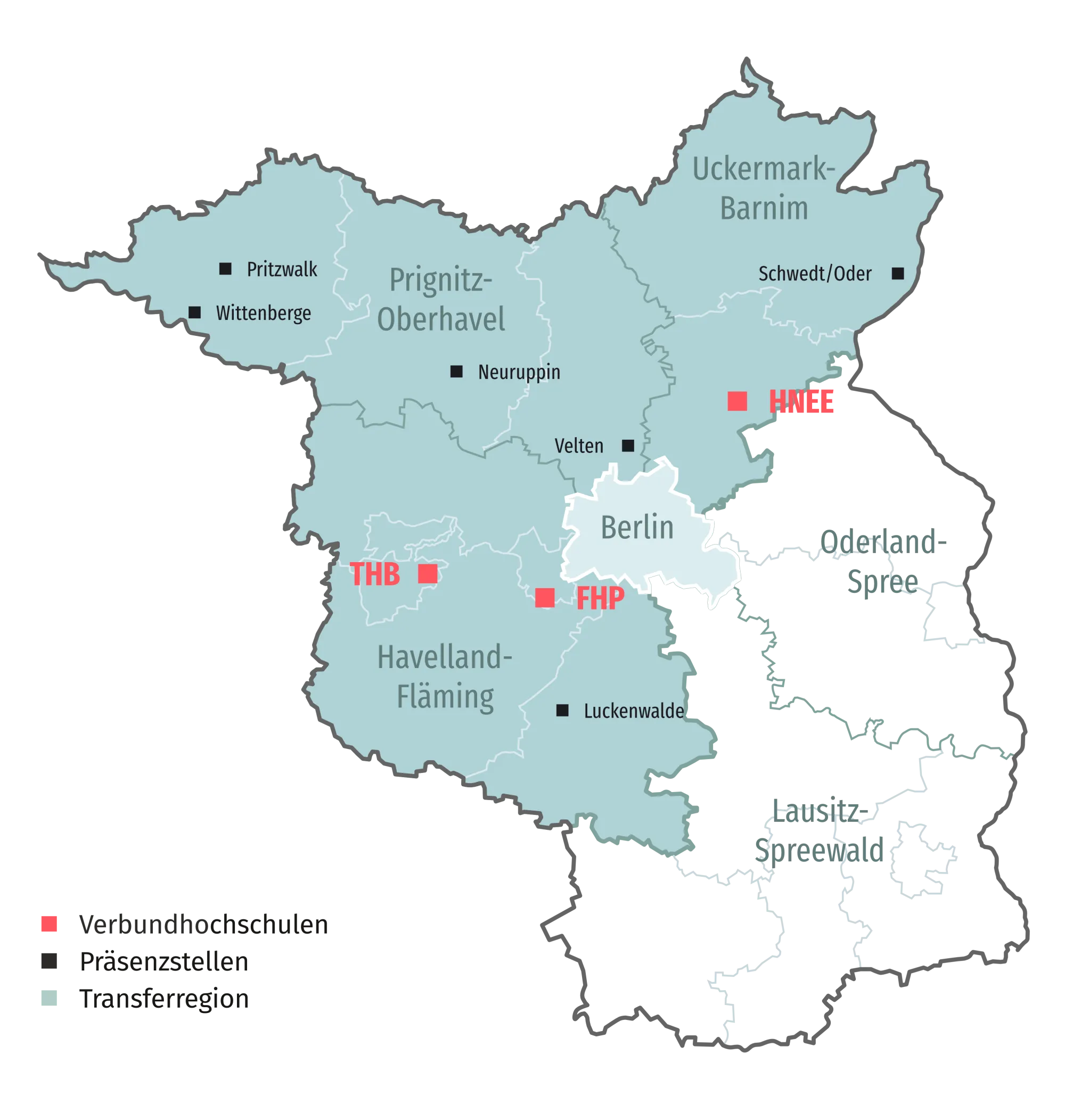
Transfer region North-West Brandenburg
Our project region with partner universities, attendance centres, transfer region
Contact InNoWest at the FHP
Our contact persons are available for further information on the university network and the individual projects as well as if you are interested in co-operation.
Spokesperson of the sub-projects
Prof. Dr. Antje Michel is the spokesperson for sub-project 3 "Knowledge transfer and regional learning processes"
Prof. Dr. Armin Schachameier is the spokesperson for sub-project 6 "Education for sustainable development and participation"
Project management
Contact InNoWest at the partner universities
Contact persons at the InNoWest partner universities will also be happy to provide you with further information.
Eberswalde University for Sustainable Development
Kerstin Lehmann
Head of InnoSupport Research | Foundation | Transfer, HNE Eberswalde
kerstin.lehmann@hnee.de
+49 3334 657 114
Benjamin Nölting
Head of Research Centre [Sustainability - Transformation - Transfer], HNE Eberswalde
Brandenburg University of Technology
Diana Rosenthal
Head of the Centre for Start-ups and Transfer, TH Brandenburg
